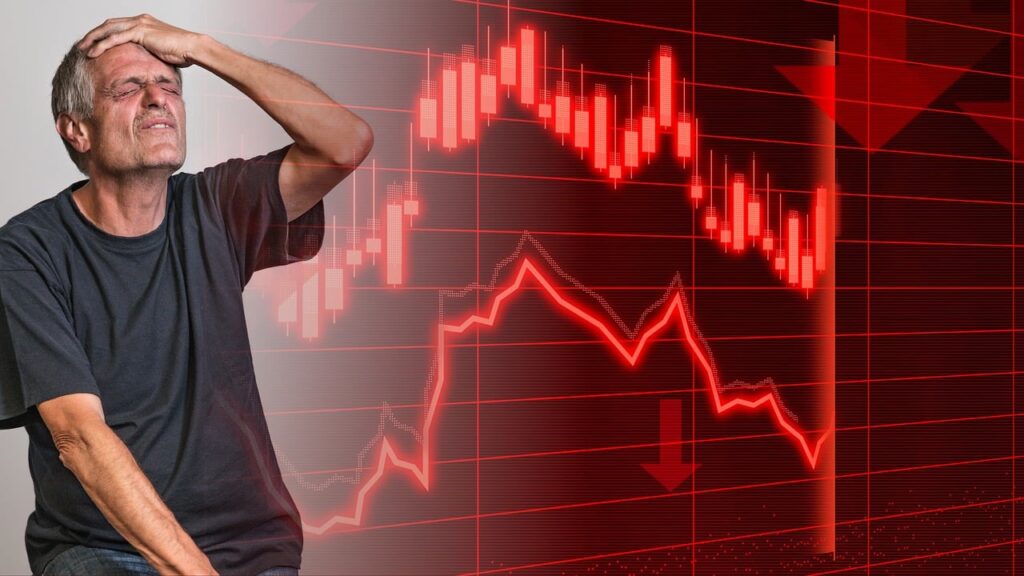During my recent visit to Venezuela, I focused on gathering opinions from the people I interacted with, and I was surprised that no one wanted to talk about politics.
The most consistent topic was the economy. “Andy, you’re too optimistic,” my witty economist friend said with his usual irony. “The current situation in Venezuela is worse than in 2021. Your economic ghosts from back then have now turned into zombies. They not only exist but are slowly advancing, dragging the country toward an economic catastrophe.” I struggled to contain my anger at his dramatic statement and calmly replied, “It’s true that we are worse off than expected, but talking about catastrophe is an exaggeration. We are economic zombies, yes, but we haven’t yet fallen back to the level of ghosts. There are vital signs.”
The numbers, however, seem to partially support his pessimism. Venezuela closed 2024 with a GDP of $102 billion, a per capita GDP of just $3,600, and an inflation rate of 48%, the lowest in 12 years… In contrast, the Dominican Republic, with just over a third of our population, exhibited a nominal GDP exceeding $130 billion in 2024, a per capita GDP of $11,300, and an inflation rate of 3.5%. Note that I am using as a reference an island that we viewed with some indifference for decades and that now surpasses us comfortably in the most important economic indicators, rather than making unflattering comparisons with first-world countries.

My witty economist friend interrupted me to say: “See? And that’s not even counting Trump’s recent aggression in revoking Chevron’s license and threatening a 25% tariff on anyone who buys Venezuelan oil. Do you honestly believe we can withstand that without collapsing?” I replied, taking a deep breath to maintain my composure: “I acknowledge there will be impact, scarcity, and inflation, but we won’t return to the devastation of 2017 or 2018. The regime and the population have been preparing for this for years. They have established parallel routes and alternative mechanisms to bypass sanctions and maintain a minimal economic flow. We are zombies, yes, but we’re not completely dead.”
The discussion became less philosophical when I reminded him that now, unlike in previous years, there is a much more robust underground economy fueled by “Zelle” transfers, gig and digital economies, international remittances, informal trade, and cryptocurrencies. “Don’t forget,” I said firmly, “that Venezuela today has a very peculiar economic duality. One part of the country survives in a precarious parallel bubble universe that functions despite its instability. The other part is unfortunately practically outside the formal economic game, wandering aimlessly—just like economic zombies.”
My friend took a long reflective pause and added sarcastically: “Interesting use of my metaphor—tell me, how much longer can these two universes coexist before one collapses onto the other?” I had to admit that the question was valid. “That’s the unknown, dear friend. The key will be to build bridges between both universes and promote real and sustainable economic mechanisms to revive those millions you call zombies before it indeed ends up in the catastrophe you predict.” “The regime’s attitude toward private enterprise will be crucial for achieving change. An economic opening would create more flows and taxpayers; however, closing down and implementing controls would accelerate the deterioration process and dangerously bring us closer to 2017. Why repeat failed formulas?”
We ended the conversation without agreement but with a clear awareness that both scenarios are plausible. My witty economist friend concluded with his typical smile full of irony: “I sincerely hope you’re right; but as a wise Venezuelan would say: ‘Tomorrow will come; we’ll see.’” As I walked away, I reflected on the urgent need to awaken these economic zombies and transform them into economically active citizens. Only then can we definitely leave behind the ghosts of the past.
This Op-Ed was originally published in Spanish by El Nacional.
Andrés (Andy) Otero Lazzari is a highly experienced investment banker, entrepreneur, and MBA with extensive expertise in corporate finance, capital markets, and start-up ventures. He is the Managing Partner at Otero Partners, LLC, a Miami-based corporate finance advisory firm, and serves as Senior Advisor to 3X Capital Group, a European VC fund focused on blockchain and Web3. Otero has co-founded multiple companies, held senior roles at BBVA, and currently teaches finance at Miami Dade College while contributing to leading Latin American media outlets.
